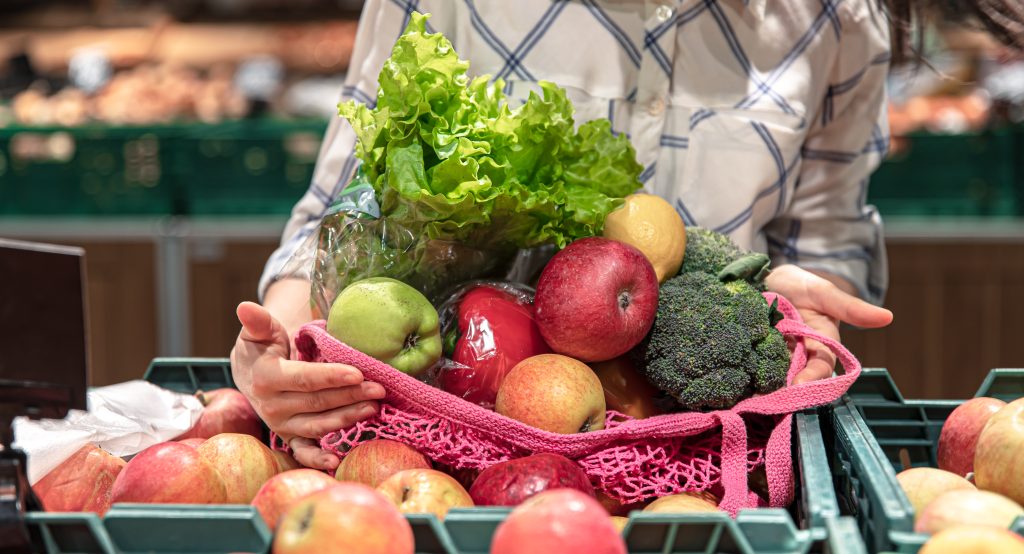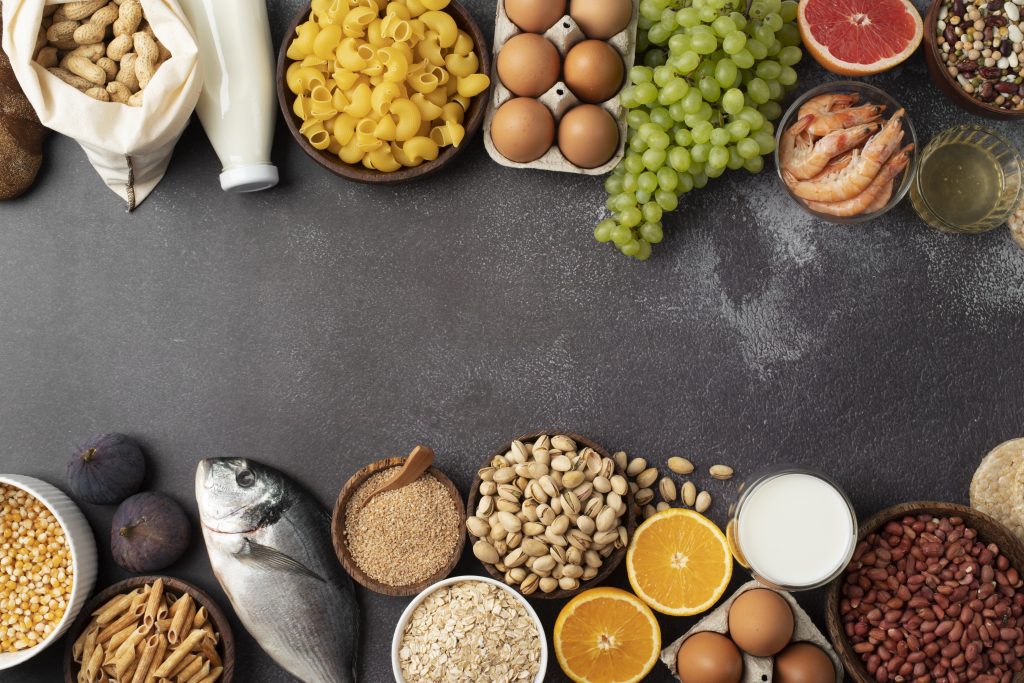Note: This article is for general information only and no medical treatment is claimed. Always consult your doctor for more information and make appropriate changes as per his advice.
There are various forms of diabetes, and no two diabetics are same. Therefore, there isn’t a “diabetic diet” that works for everyone who has the disease. But we’ve developed some advice that you can use to guide your decision-making on your diet.
These general healthy eating guidelines can assist you in controlling your cholesterol, blood pressure, and blood glucose (sugar) levels. Additionally, they can aid with weight management and lower your risk of developing some types of cancer as well as complications associated with diabetes, such as heart issues and strokes.
Our advice is based on research that includes both type 1 and type 2 diabetics. Some of these suggestions apply to you if you have a different kind of diabetes, such as gestational, cystic fibrosis-related, or MODY. No matter what type of diabetes you have, it’s crucial to consult your nutritionist for personalized guidance.
Learn how to eat properly at home if you or someone you know is self-isolating. Additionally, our interactive Learning Zone offers additional tips on eating well while living with diabetes, including doable and straightforward food hacks.
Our top ten recommendations are as follows:
1.Consume less processed and red meat

You may start eating larger servings of meat to fill you up if you are restricting your intake of carbohydrates. But doing this with red and processed meat, such as ham, bacon, sausages, beef, and lamb, is not a good idea. All of them have connections to cancer and heart issues.
Try replacing these with red and processed beef instead:
Pulses like lentils and beans
Eggs
Fish unsalted nuts poultry include chicken and turkey
Beans, peas, and lentils are excellent alternatives to processed and red meat since they are high in fibre and don’t significantly affect your blood sugar levels. They also help you feel fuller longer. Fish is generally considered to be healthy, but oily fish like salmon and mackerel are even better. These are abundant in omega-3 oil is a substance that aids in heart protection. Eat two pieces of oily fish every week, if possible.
2. Choose healthier carbohydrates

Knowing which foods contain carbohydrates is crucial because all carbohydrates have an impact on blood glucose levels. Pick the carb-rich foods that are healthy and watch your portion amounts.
Here are a few good carbohydrate sources:
Brown rice, buckwheat, and whole oats are examples of whole grains.
Fruit, vegetables, pulses like lentils, beans, and chickpeas, dairy products such milk and unsweetened yogurt
White bread, white rice, and highly processed cereals are examples of foods poor in fibre that should be avoided at the same time. If you’re unsure, you might search on food labels to find foods high in fiber..
3. Consume less salt

Consuming excessive amounts of salt can raise your blood pressure, which raises your risk of heart disease and stroke. Additionally, you are already more susceptible to all of these diseases if you have diabetes.
Try to keep your daily salt intake to a maximum of 6g (one teaspoon). Keep in mind to read food labels and choose meals with less salt since many pre-packaged foods already include salt. You can control how much salt you consume by cooking from scratch. To add that extra flavor, you may also be inventive and substitute various herbs and spices for salt.
4.Select healthier fats

We all require fat in our diets because it provides energy. However, different forms of fat have distinct effects on our health.
Unsalted nuts, seeds, avocados, oily salmon, olive oil, rapeseed oil, and sunflower oil provide healthier fats. Some saturated fats can raise your blood cholesterol levels, increasing your risk of heart disease. These are primarily present in animal products and prepared foods, such as red and processed meat, ghee, butter, lard, biscuits, cakes, pies, and pastries.
It’s still a good idea to limit your use of oils in general, so try grilling, steaming, or baking instead.
5.Consume more fruits and vegetables

We all know that eating fruits and vegetables is excellent for you. Aim to eat more at meal times and have them as snacks if you’re hungry. This can help you acquire the vitamins, minerals, and fiber your body requires on a daily basis to stay healthy.
You may be wondering about fruit and whether you should avoid it because it is high in sugar. No, it does not. Whole fruit is excellent for everyone, and diabetics are no exception. Fruits do contain sugar, however it is naturally occurring sugar. This is distinct from the added sugar (also known as free sugars) found in chocolate, cookies, and cakes.
Fruit drinks have extra sugar as well, so choose whole fruit instead. This can be either fresh, frozen, dried, or canned (in juice, not in syrup). And it’s preferable to eat it throughout the day rather than all at once.
6.Choose your snacks wisely

Instead of crisps, chips, cookies, and chocolates, pick yogurts, unsalted almonds, seeds, fruits, and vegetables as a snack. But keep an eye on your portions – it will help you maintain track of your weight.
7.Reduce your intake of added sugar

We understand that eliminating sugar might be difficult at first, so simple practical swaps are a smart place to start when attempting to reduce excess sugar. Swapping sugary drinks, energy drinks, and fruit juices for water, plain milk, or sugar-free tea and coffee is a fantastic place to start.
8.Consume foods rich in minerals and vitamins

There is no evidence that mineral and vitamin supplements improve diabetic management. So, unless your healthcare team has advised you to take something, such as folic acid for pregnancy, you don’t need to take supplements.
It’s best to receive your necessary nutrients from a variety of foods. This is because some supplements can interfere with your medications or worsen specific diabetic issues, such as kidney disease.
9.Consume alcohol in moderation

Because alcohol is high in calories, if you drink and are attempting to lose weight, consider cutting back. Try to limit yourself to 14 units each week. However, spread it out to avoid binge drinking and abstain from alcohol on multiple days every week.
It’s also not a good idea to drink on an empty stomach if you use insulin or other diabetes drugs. This is because alcohol can increase the likelihood of a hypo.
10.Skip the so-called diabetic food

Declaring food to be a “diabetic food” is currently illegal. This is due to the lack of evidence that these foods provide a distinct advantage over eating healthily. They may also include the same amount of fat and calories as comparable goods and may still effect your blood glucose level. These meals can also have a laxative effect on occasion.

